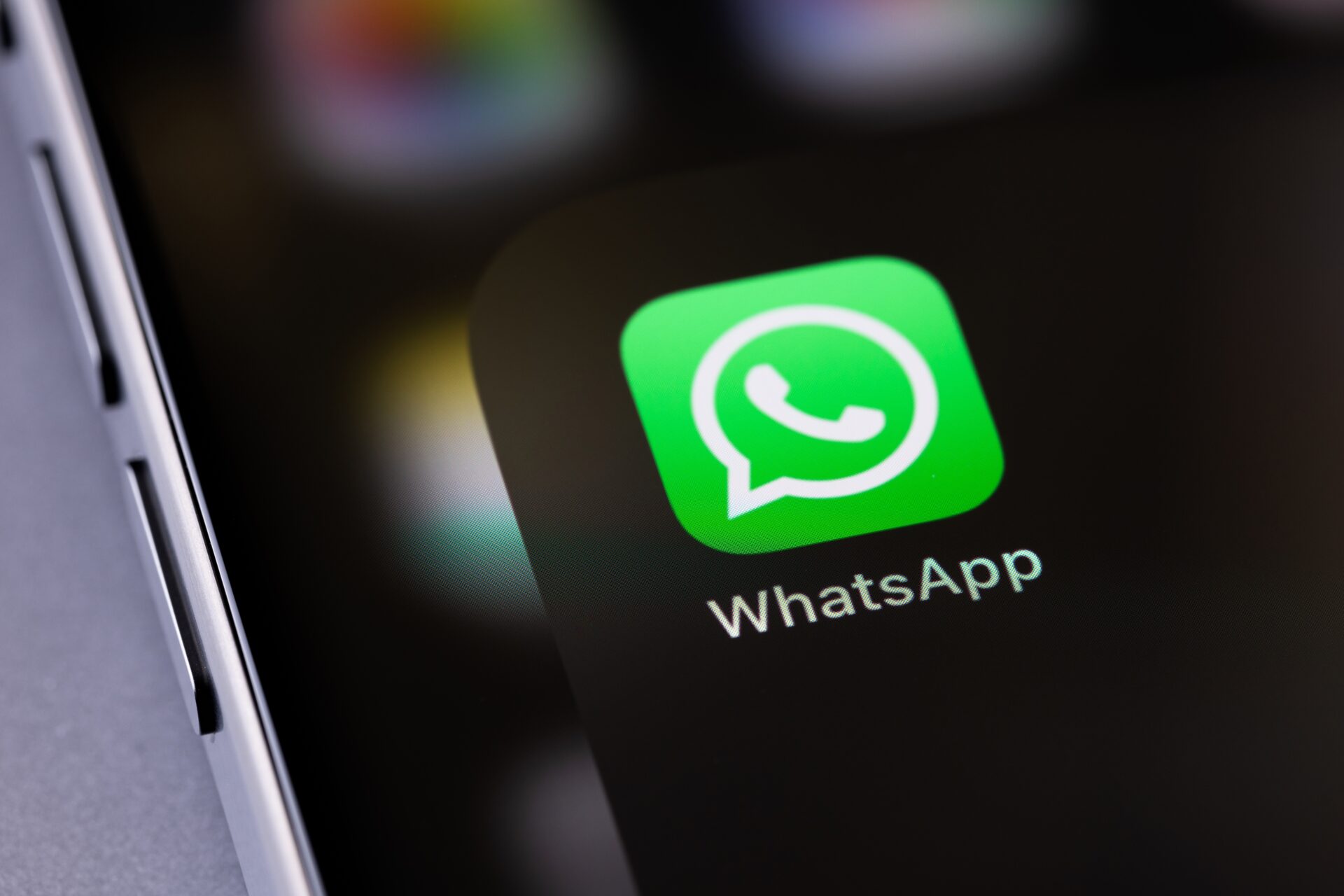
WhatsApp Accuses Russia of BLOCKING IT!
Meta’s WhatsApp has accused the Russian government of attempting to block its encrypted service for over 100 million users, citing a broader crackdown on online communications.
At a Glance
- WhatsApp says Russia is targeting its service to curb secure communication
- Russian regulator confirms restrictions on WhatsApp and Telegram calls
- Kremlin has previously blocked or limited Facebook, Instagram, X, YouTube, TikTok
- Measures cited as part of efforts to combat criminal activity online
- WhatsApp vows to maintain end-to-end encryption globally, including in Russia
Encrypted Platforms Under Pressure
Meta’s WhatsApp stated Wednesday that the Russian government is trying to block its service, which is used by more than 100 million people in the country. In a post on the social platform X, the company stressed that its end-to-end encryption protects users’ right to private communication and resists state surveillance efforts. The statement framed Russia’s action as part of an ongoing campaign against secure messaging tools.
Watch now: Russia Moves to Restrict WhatsApp, Telegram Calls Over Law … · YouTube
Russian state media confirmed that calls on both WhatsApp and Telegram are facing restrictions. The country’s communications regulator, Roskomnadzor, told the state-owned TASS news agency that the limits are aimed at curbing criminal activity. While text-based messaging on these platforms has not been explicitly banned, the new measures appear designed to reduce the scope of their communication features.
Expanding Digital Controls
The restrictions fit into a broader pattern of online regulation in Russia. Since 2022, authorities have either blocked or heavily limited access to Facebook, Instagram, X, YouTube, and TikTok. These steps have been justified by officials as necessary for national security and public order, though digital rights groups argue they suppress dissent and limit access to independent information sources.
In recent years, Russian President Vladimir Putin has emphasized the development of domestic internet infrastructure, including homegrown social media platforms and search engines. Such initiatives aim to reduce reliance on foreign services, which can be harder for the government to monitor or control. The new call restrictions on WhatsApp and Telegram align with this strategy, further narrowing the digital space available to international platforms.
Meta’s Position and Global Implications
Meta reiterated that it will continue providing end-to-end encrypted communication worldwide, including within Russia, despite technical or regulatory obstacles. Encryption scrambles messages so that only the sender and recipient can read them, preventing outside interception. This feature has made WhatsApp and similar platforms valuable for privacy-conscious users but a point of contention for governments seeking greater access to communications.
Internationally, the dispute reflects a growing divide between countries that mandate easier access to private communications for authorities and those that support strong encryption without government backdoors. Similar debates have taken place in the United Kingdom, India, and Australia, where law enforcement agencies have argued that encryption hampers criminal investigations.
For Russia, the current move signals that messaging platforms offering unmonitored calls could face the same fate as previously restricted social media networks. The outcome may influence the future availability of encrypted services in other jurisdictions with similar regulatory agendas.


